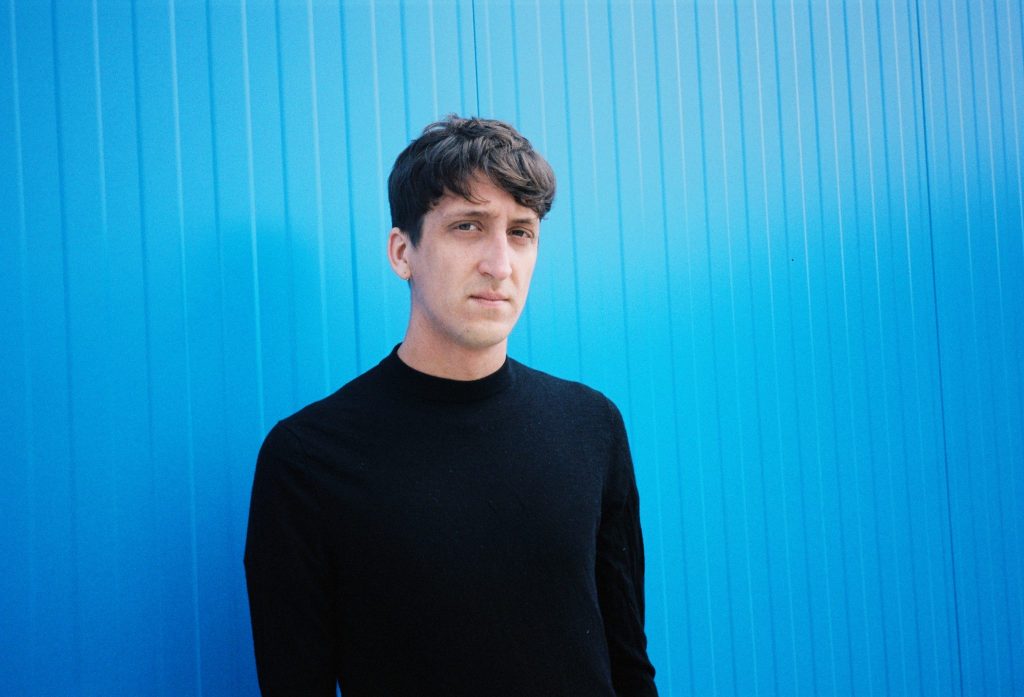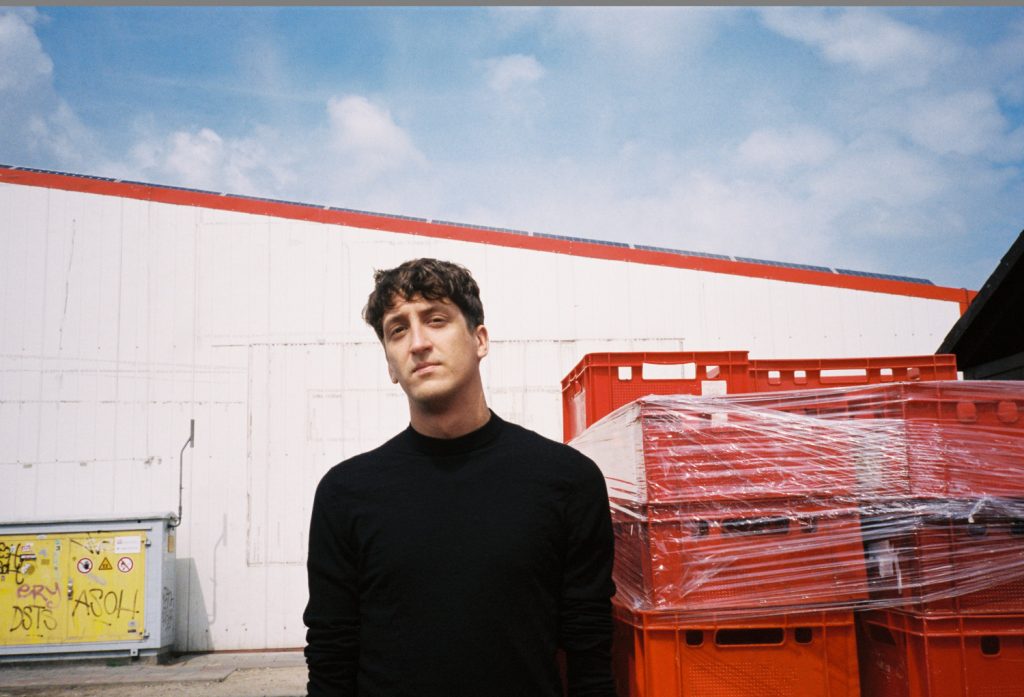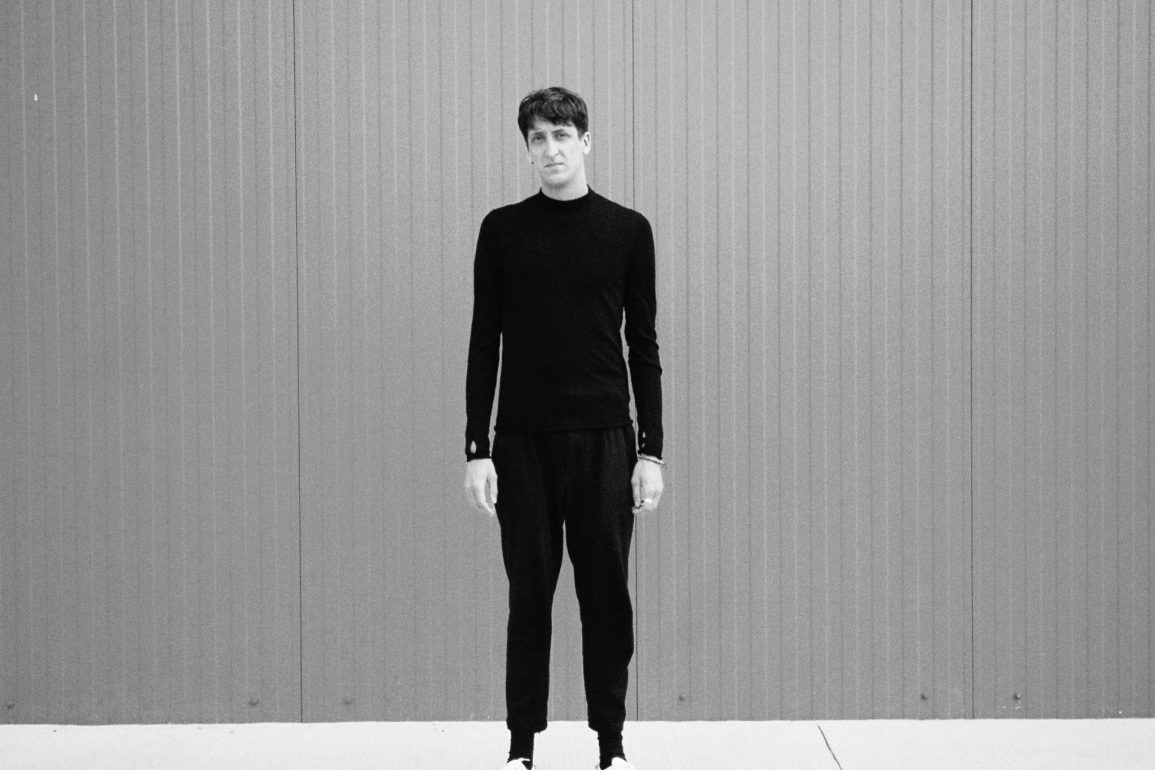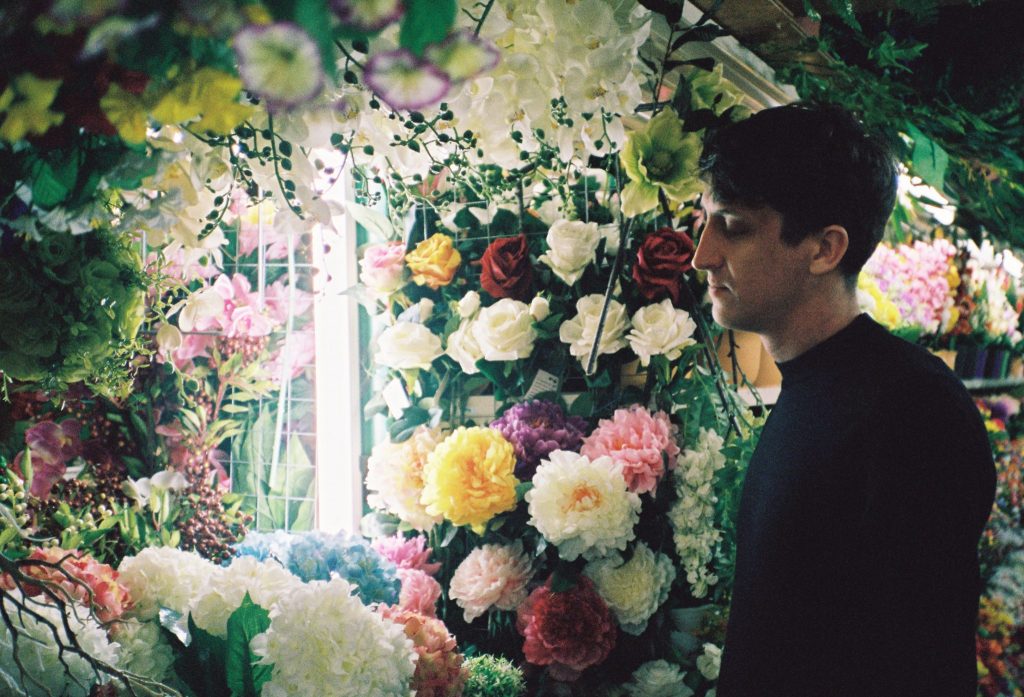Interview by Arnold van der Walt
Parra for Cuva has been at the forefront of talented multi-instrumentalists ever since he first started showing interest in music at a very young age. A young Nicolas Demuth experimented with classical piano, jazz, pop and indie before finally trying his luck in electronic music. It was the versatility that this scene offered that finally had him hooked.
Parra for Cuva burst unto the global scene with his collaboration with Anna Naklab with their rendition of Chris Isaak’s smash hit, ‘Wicked Games. Parra for Cuva’s music connects people from all over the world. His music connects people with its universal quality as it incorporates elements from every single continent into a single track. To date, Parra for Cuva’s music has been viewed more than 50 million times on Youtube alone and his hit ‘Fading Nights’ has garnered close to 18 million streams just on Spotify.
We’ve been lucky enough to listen to Parra for Cuva’s latest album and we are thoroughly impressed. If you’re a fan of the first couple of singles that’s been released, then you’re in for a treat. Paspatou is filled with soul-touching electronic soundscapes that conjures up images of travelling across the continents with just a backpack, or walking through street markets in India experiencing each aspect of every culture you encounter. Each harmony Parra for Cuva brings forth, explores new realms of the earth, as the textured production fills the layers of sound with fresh ideas, reminding us that we as people are often far more layered than we give ourselves credit for. Parra for Cuva not only travels the world but creates music that allows you to travel with him.
Parra For Cuva’s highly anticipated third album, ‘Paspatou’ is set for release on the 22nd of November. Pre-order the upcoming album here.
We sat down with Parra for Cuva, and spoke about the eclectic recording process of his upcoming album ‘Paspatou’, discovering hidden gems in each city he visits, and the walls set up by the music industry.
Watch the music video for his brand new single, ‘Cleopatra’, taken from ‘Paspatou’, below:
Hi there Parra For Cuva! First things first, how has 2018 been treating you so far?
Hi everybody! 2018 has been a crazy journey both physically and mentally. I am sitting in Tokyo right now; totally jet-lagged sipping my 5th coffee and writing you these words.
Your third album, ‘Paspatou‘ is set for release soon (22 Nov). What was the creative process behind this like? Are there any specific steps you take when putting music together?
I guess it all starts with the idea that keeps looping in your head.: “Why not write another album”.
Easier said than done. As some of you might know, I have been living in Berlin for more than 6 years now. Two years ago when this idea started to grow, I had finished my Bachelor in Sound Design already 1 year ago. So all I did was hang around in bed all day and play gigs. Some songs came along, but most of them were no good. The big step forward came when I changed apartments and moved into my own studio located in Schöneberg, Berlin which is very removed and a quiet place. There it was easy for me to sit down every day, working from early morning till evening. I guess you need the right setting mentally and in the place you work. So it just took 4 months really to write the album. There are just two songs which were made earlier; ‘Nevis’ and ‘Seven Temples’.
Some of your previous work has been written in unorthodox ways (on the road, next to the beach, etc). Did ‘Paspatou’ have a similar approach?
Actually, the place I wrote this album was in my studio. When you look out of the window you see a serene sunny little garden and next to it is a yoga studio, so the place I recorded this album was not that unorthodox. What I did though was to bring in sounds, vocals, drums and rhythms from around the world. I recorded some of them on the road. There are schoolgirls from Ghana clapping and singing in the song ‘Cupa Cupa’. Some sounds from the streets of Jaipur and Hampi in India are in the song ‘Seven Temples’. A South American kid speaking in the middle of ‘Nevis’ and many more details that would be too much to tell. I also have a huge collection of instruments which allows me to record everything at home. Working with musicians also helped to give the album a more professional shape.
Is there a specific track on ‘Paspatou‘ that you have a special connection with?
I guess that would be the song ‘While You Sleep. One trippy night I went to bed, turned off the light and put on the instrumentals from the track. Suddenly this title came to my mind and was just so fitting; unlike any other title on the album. It was also one of the tracks I worked the longest on. It’s a very sentimental recording, which I always enjoy the most.
Why did you decide to name the album after the beautiful and emotional first track on the album, ‘Paspatou‘?
It’s very difficult to put together 10 to 12 Songs and call it an album. It’s even more difficult to give this collection of songs a title which truly fits. It always takes ages to find one that is truly fitting.
To write the track ‘Paspatou’ was a very weird process. I was watching a documentary about a small village in the north of Germany and while this old TV presenter walked through this town, a little melody started playing. I quickly recorded what was playing with my phone. A few days later, I invited a friend to ‘replay’ this melody; which didn’t lead to anything. A month later I rediscovered the recordings, pitched and slowed it down a bit and in one night the track was finished.
That same night I listened to Jules Verne’s ‘80 Days Around the World’ as an audiobook. The main character, Butler, had this striking name: ‘Passepartout’ which is way too complicated to spell so I renamed it ‘Paspatou’ which then became the album title.
You travel around the world a lot, meeting people from every culture/age. What would you say is the biggest lesson you’ve learned from your travels?
I always like to truly discover every place I visit while travelling. Even if its just a little town in Germany. After a gig, I take a little night walk around where ever I am. The most important thing I learned on my travels is to motivate yourself to always know the place you’re surrounded in. Take time to get to know the culture and people.
Having performed on countless stages around the globe, is there a specific performance that stood out for you? What made this so special?
There are some nights that stand out more than others. I don’t really like really late club nights. Most enjoyable is when the promoter might be extra sensible to your music and know exactly how to create a good event around it. So in India, I have a really good team that I am working with and these nights are always super special.
If you had to choose: studio work and music creation or performing and interacting with a live audience, which do you prefer?
Working in the studio is the most important thing for me as an artist. So if it would come to a choice, I would prefer making music at home. That’s where I can be more creative. You can experience a very intimate feeling while making music because it’s just sitting in front of the speakers listening to the same loop for hours and hours; that’s what I enjoy the most.
Performing on stage is also great and a part that I don’t want to miss. If you first decide to perform your music live to an audience, you get hooked. Once this girl came to me after a gig in Paris and was very confused that I never looked up into the audience while playing. I said to her that I am mostly busy playing my controllers and synths on stage that there is little time left to party with the crowd. So I try to build this intimate feeling on stage that I experience in the studio.
Gary Numan is quoted as saying: “I have always been far more interested in sound than technique, and how sounds work together, how they can be layered. I think electronic music, (in its infancy anyway) allowed us to create music in a way that hadn’t really been possible before. It created a new kind of musician.” What are your thoughts on this statement?
I guess I’d underline most of his statement. It is true that most of us are a different type of musician than classically trained musicians that dedicate their life to one instrument. But we as musicians all have this personality where we can connect with. Nowadays making electronic music is very accessible for everybody but I think it needs a lot of training to make something good. To master an instrument is more than helpful, especially in the electronic music field.
When Numan says he is more interested in sounds then techniques, I can feel him 100%. When I studied Sound Design, I always had to deal with different styles of techniques a lot. You would think that I use my knowledge from my studies in my sound, but basically, when you break it down, I just search for this specific sound that has the right vibe for me. Some people sit at their synth for hours just for a little noise but when I haven’t found what I am looking for within a few minutes, I stop searching.

Having been entrenched in the music scene for a while now, is there something you would like to see improved in the electronic music industry?
I have a manager to deal with the music industry. I try to keep my distance as far as possible because it just makes you sick after some years. I guess its not just the music industry, it’s also the people listening to music that can change the way things work. Back in the day, we were all listening to LPs. Now if you go to a meeting with a big company they basically tell you to only release singles to so that you can increase streams and sales.
All in all, I would like to see unknown artists get a better chance to get a foot in the door. Nowadays that’s very hard. I know so many talented people that struggle with the walls set up by the music industry.
What 3 songs are currently on your heavy rotation?
Anchorsong – Testimony from his new album, Cohesion
Kurt Vile – One Trick Ponies from the album, Bottle It In
Sophie Lloyed feat. Dames Brown – Calling Out
Apart from the release of ‘Paspatou’ on 22 November, what does the future hold for Parra for Cuva?
I am already working on a new EP with a good friend of mine from Berlin. Which will be a collaboration EP coming in 2019. Of course, we are also planning a tour for 2019 where I will perform several tracks with a live band for the first time, which is very exciting as this poses a challenge on how to break down an electronic production to a 5-man band.
Famous last words…
Thank you for this interview and sorry for my bad English 🙂
–//–//–//–//–//

Follow Parra for Cuva:
Facebook // Twitter // Instagram // Soundcloud // Spotify




